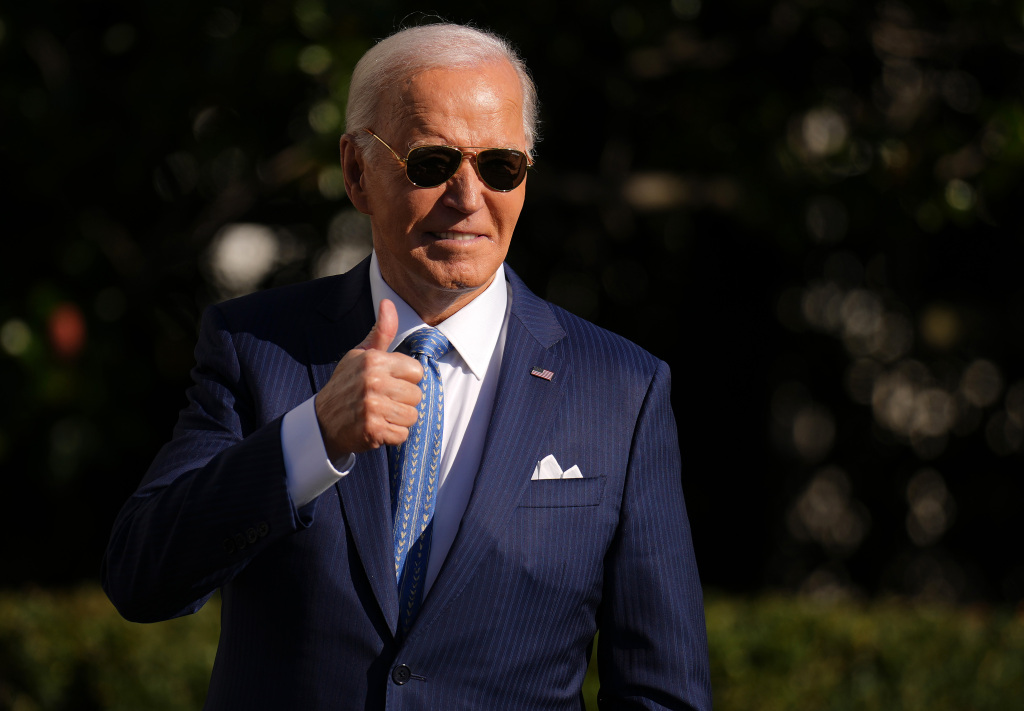Senior aides in the Biden administration are engaged in discussions over issuing preemptive pardons to current and former officials who may face investigations under President-elect Donald Trump’s administration. This controversial measure aims to shield those who have drawn Trump’s ire, including prominent figures like Dr. Anthony Fauci and members of the January 6th Committee.
Concern over retaliation under Trump’s leadership
The deliberations stem from Trump’s repeated threats to pursue criticism upon reclaiming the presidency. His recent appointment of Kash Patel as FBI director, a figure who has vowed to take action against Trump’s detractors, has amplified fears among Democrats.
Among those potentially in line for preemptive pardons are former House member Liz Cheney and Senator-elect Adam Schiff, both members of the January 6th Committee. Trump has previously called for legal actions against Cheney and others, branding them part of the so-called “Deep State.”

Internal debates over unprecedented pardons
White House officials, led by counsel Ed Siskel, are debating the legality and optics of granting pardons to individuals who have not been charged with any crimes. The move carries risks of appearing defensive and setting a controversial precedent, with some officials, including Schiff, publicly opposing the idea.
“I would urge the president not to do that,” Schiff said, adding, “I think it would seem defensive and unnecessary.”
Pressure from Democrats
Democrats are divided on the issue. Some, like Senator Ed Markey and Representative Brendan Boyle, argue that preemptive pardons are necessary to counter Trump’s potential abuse of power. Others are wary of the political implications, fearing it may feed into Trump’s narrative.
Markey likened the situation to Gerald Ford’s preemptive pardon of Richard Nixon, advocating for Biden to take similar action to protect officials from politically motivated prosecutions. Boyle warned that the time for caution is over, urging the president to act swiftly to prevent Trump from exploiting his power.
Financial concerns and calls for broader clemency
Biden aides are also concerned about the financial toll potential investigations could take on those targeted, with many individuals bracing for six-figure legal bills. Some Biden appointees are reportedly considering lucrative private sector roles to prepare for possible legal expenses.
Meanwhile, House Democratic Leader Hakeem Jeffries has called on Biden to extend clemency beyond public officials, advocating for working-class Americans in the federal prison system who were harshly prosecuted for nonviolent offenses.
A decision with high-stakes
The White House has not commented on the internal discussions, but the issue underscores the tension and uncertainty in Biden’s final weeks as president. With Trump’s return to the White House raising the specter of political reprisals, Biden faces mounting pressure to protect his allies while navigating the risks of such unprecedented action.